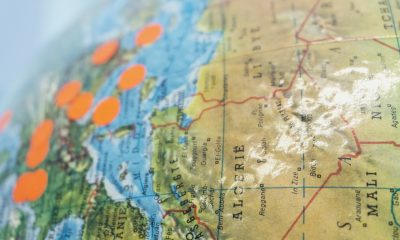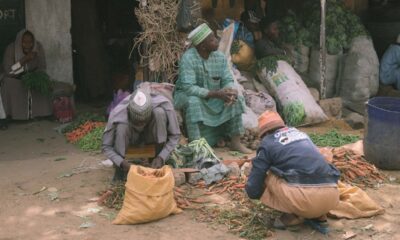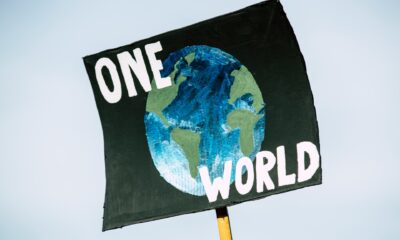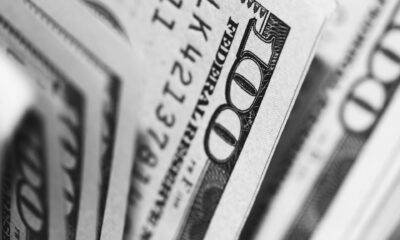Africa
Why Burkina Exit from ECOWAS Will Have an Economic Impact
According to the minister, ECOWAS is a customs union, which presupposes the existence of a Common External Tariff (CET). Despite leaving ECOWAS, the Burkinabe Minister of Economy stresses the continuity and enhancement of bilateral cooperation, presenting an opportunity for stronger relations with specific countries.
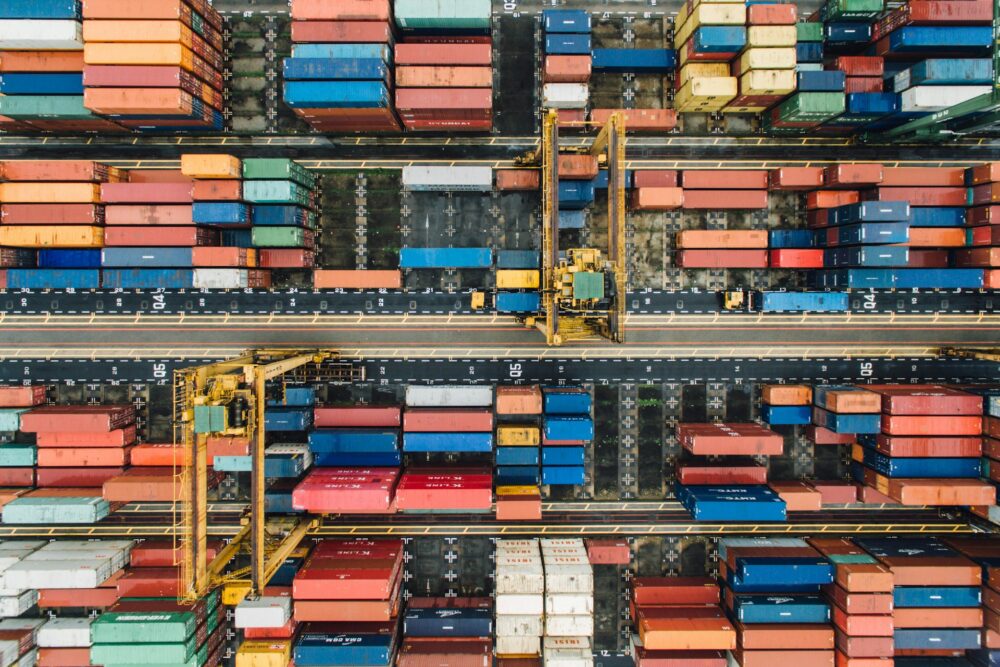
In an interview with the state daily, Sidwaya, the Minister of Economy, Finance and Foresight, Dr Aboubakar Nacanabo, read out the economic consequences of Burkina Faso‘s withdrawal from the Economic Community of West African States (ECOWAS).
Before commenting on the possible consequences of Burkina Faso’s withdrawal, the minister recalled that the member countries of the Alliance of Sahel States (AES) were already excluded from the Economic Community of West African States (ECOWAS) “since the recent changes that took place here, in Mali and Niger.”
Read more about a possible exit of Burkina Faso from the ECOWAS and read the most important economic news from around the world with our companion app Born2Invest.
To return to the question of consequences, Dr Aboubakar Nacanabo recognized that “the exit from ECOWAS will inevitably have an impact on the economic level”
According to the minister, ECOWAS is a customs union, which presupposes the existence of a Common External Tariff (CET). “The CET assumes that any product coming from an ECOWAS member country enters Burkina by paying a preferential customs tariff and products coming from countries outside the ECOWAS area bear a customs tariff harmonized by the different countries,” he explained.
However, the minister reassured that the AES is a market of 70 million inhabitants. “It is a large part of the natural resource reserves of the ECOWAS region and it is an agropastoral zone par excellence. With all this potential, I think that our States will have the intelligence necessary to make this space a viable, solid and prosperous space,” argued the minister.
Asked whether there will not be a risk of inflation in the AES countries because of the withdrawal, Dr Aboubacar Nacanabo indicated that the control of inflation in the AES countries is happening by a good agricultural season, but also the price of oil that Burkina Faso mainly imports from outside ECOWAS. “The risk of inflation linked to leaving ECOWAS is therefore marginal,” he said.
As measures envisaged by the government to mitigate the consequences, the minister unveiled an agenda: “We are planning an exchange with the private sector to first reassure them and see with them the measures to be taken to strengthen the resilience of our economy for a shared prosperity.”
As for economic relations with ECOWAS member countries, the Burkinabe Minister of Economy placed emphasis on bilateral cooperation. “Our exit from does not in any way mean the end of bilateral relations. On the contrary, it is an opportunity to further strengthen bilateral relations with certain countries,” noted Dr Aboubacar Nacanabo.
__
(Featured image by CHUTTERSNAP via Unsplash)
DISCLAIMER: This article was written by a third party contributor and does not reflect the opinion of Born2Invest, its management, staff or its associates. Please review our disclaimer for more information.
This article may include forward-looking statements. These forward-looking statements generally are identified by the words “believe,” “project,” “estimate,” “become,” “plan,” “will,” and similar expressions. These forward-looking statements involve known and unknown risks as well as uncertainties, including those discussed in the following cautionary statements and elsewhere in this article and on this site. Although the Company may believe that its expectations are based on reasonable assumptions, the actual results that the Company may achieve may differ materially from any forward-looking statements, which reflect the opinions of the management of the Company only as of the date hereof. Additionally, please make sure to read these important disclosures.
First published in le faso.net. A third-party contributor translated and adapted the article from the original. In case of discrepancy, the original will prevail.
Although we made reasonable efforts to provide accurate translations, some parts may be incorrect. Born2Invest assumes no responsibility for errors, omissions or ambiguities in the translations provided on this website. Any person or entity relying on translated content does so at their own risk. Born2Invest is not responsible for losses caused by such reliance on the accuracy or reliability of translated information. If you wish to report an error or inaccuracy in the translation, we encourage you to contact us

-

 Business5 days ago
Business5 days agoLegal Process for Dividing Real Estate Inheritance
-

 Markets2 weeks ago
Markets2 weeks agoStock Markets Surge Amid Global Uncertainty, But Storm Clouds Loom
-

 Fintech3 days ago
Fintech3 days agoPUMP ICO Raises Eyebrows: Cash Grab or Meme Coin Meltdown?
-

 Africa1 week ago
Africa1 week agoMorocco Charts a Citizen-Centered Path for Ethical and Inclusive AI
